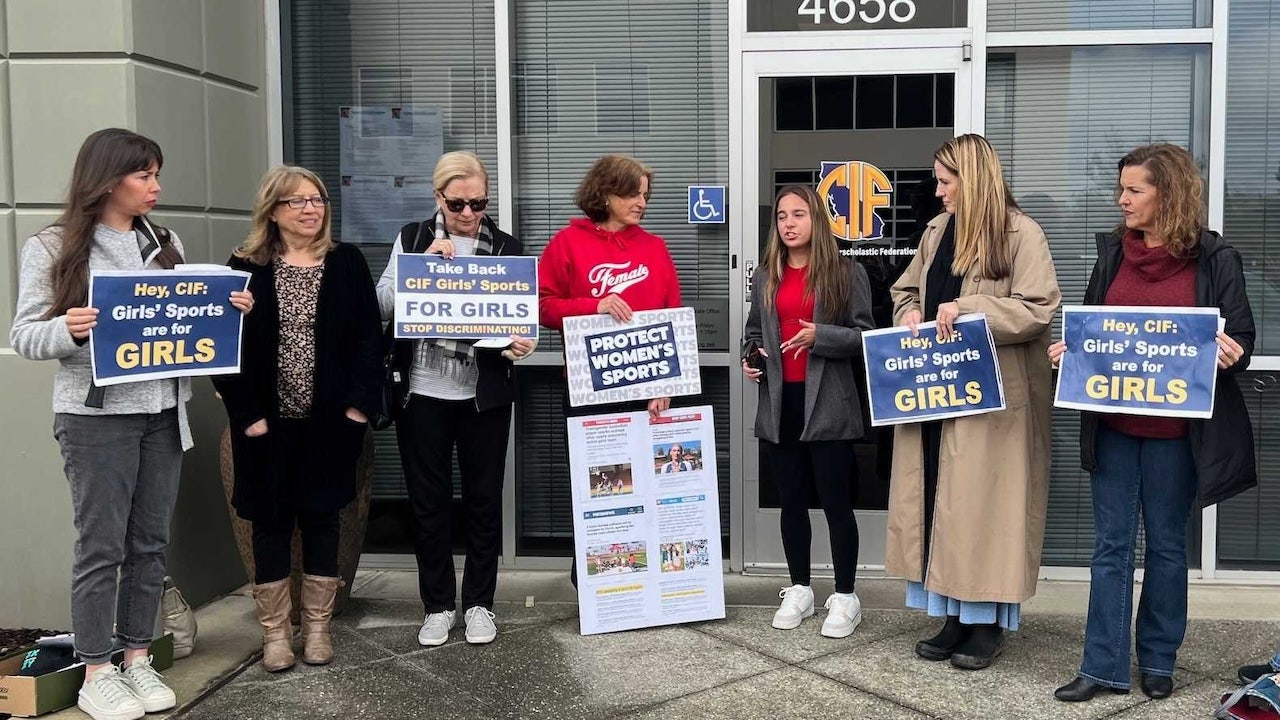Now it’s 2024 and that intrigue feels long gone. Frontman Ezra Koenig is about to turn 40, and his band’s fifth album, “Only God Was Above Us,” finds him singing ornate, erudite, midtempo songs, only now from the vantage of midlife. There’s a tiny revelation to be felt in his new circumstances, at least — about how Vampire Weekend wasn’t playing with fashion all those years ago so much as time. Let’s not forget that back in 2008, this band worshiped Paul Simon above all, and whenever Koenig sang his winking lyrics about the rapper Lil Jon, he sounded like a high school administrator trying to win over an uninterested afternoon assembly. Vampire Weekend weren’t pretending to be preps. They were pretending to be boomers.
Accepting this idea turns “Only God Was Above Us” into something of a test for Koenig and his mates, bassist Chris Baio and drummer Chris Tomson: What’s this music’s animating tension now that its makers have grown into their Top-Siders? As a lyricist, Koenig addresses time as the unstoppable force that it is, often letting it steamroll him. On “Gen-X Cops,” a punk-like song played with cello and harp, he sings about how “each generation makes its own apology.” Over the pretty plod of “Capricorn,” he mulls the dilemma of “sifting through centuries for moments of your own.” Musically, however, time never pushes or shoves in these songs. Tomsom’s drums tend to dip in and out of the mix, allowing us to better follow Koenig’s every word.
The best of them resemble punk lyrics. On “Classical,” Koenig points at the nonperishable nature of evil, and how “the cruel, with time, becomes classical.” That “Gen-X Cops” song opens with a line you’d expect to find on a Poison Ruin album: “Blacken the sky and sharpen the axe.” Singing obliquely about his second-favorite subject, war, Koenig ends the pitter-patting “Pravda” with one of the most astonishing warnings I’ve ever heard in a song: “I hope you know your brain’s not bulletproof.”
And while each of these lines wants to be shouted, Koenig only knows how to whimper, sigh and pirouette. Like your parents waiting for you at the kitchen table at 3 a.m., he isn’t angry, just disappointed. Is it unfair to feel disappointed by that? The fundamental contrast he has going here — hard words, soft voice — is a reliable device, but it results in music that feels unable to act on its own anger. Is that what midlife is? A powerlessness you can’t fully understand until you’re halfway through the ride, still waiting for the world to stop getting worse? Unlike any other Vampire Weekend album, this one frightened and depleted me.















































